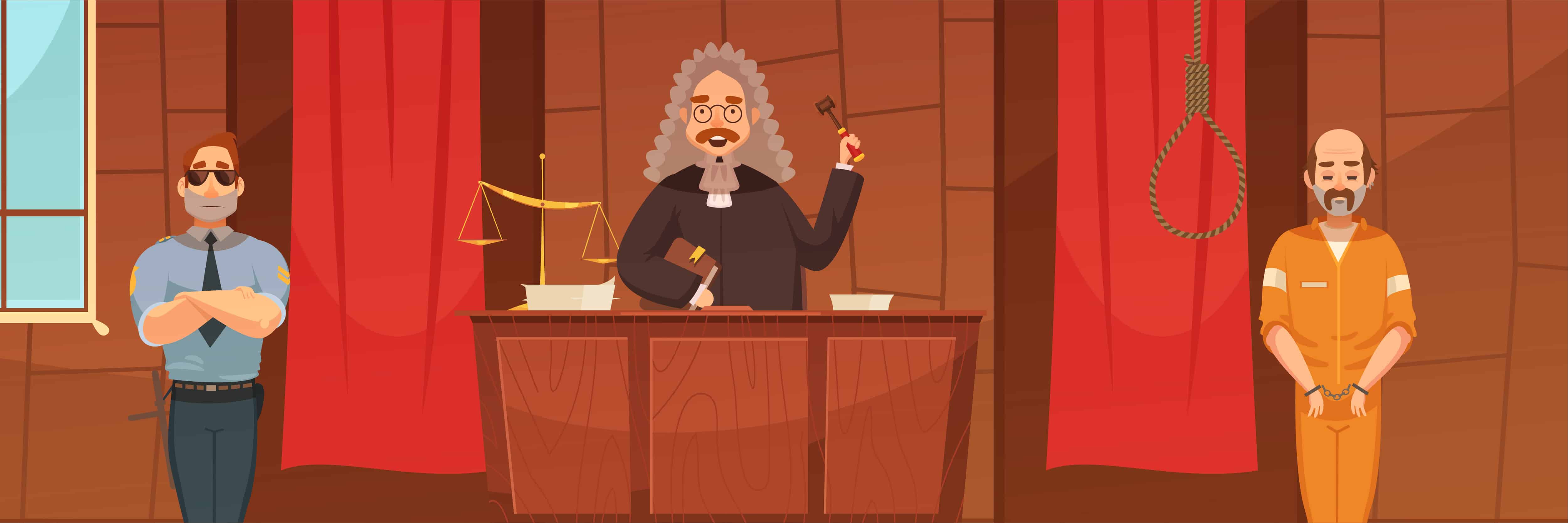Unexpected hanging paradox
Unexpected hanging paradox aka the Surprise Exam Paradox, is a paradox about a person's expectations about the timing of a future event which they are told will occur at an unexpected time. It was first introduced to the public in Martin Gardner's March 1963, Scientific American.
The paradox goes as follows: A prisoner is told that he will be executed on a weekday chosen at random, but that he will not know the day of the execution until the executioner comes to his cell at noon on the day of the execution.
The prisoner believes he can't be executed on Friday since he'd know about it on Thursday, making it not a surprise. So, he concludes any other day would be a surprise execution.
However, the paradox arises when the executioner shows up on Wednesday. The prisoner, who believed he was safe, is surprised by the execution, even though he had logically ruled out every possible execution day except for Friday.



Comments
Post a Comment